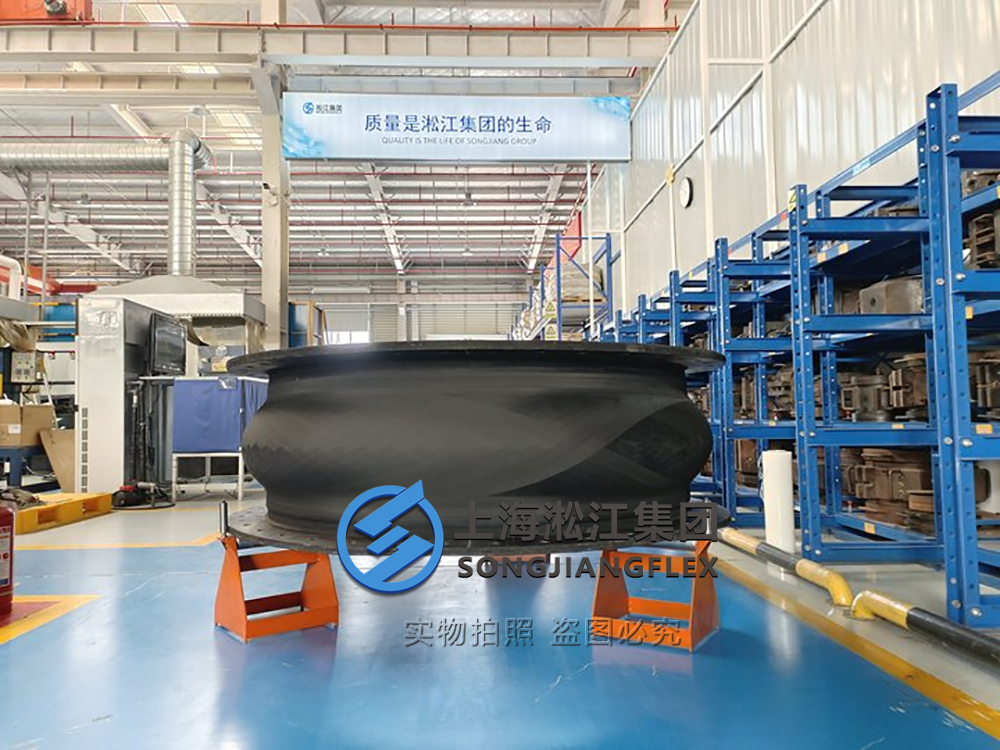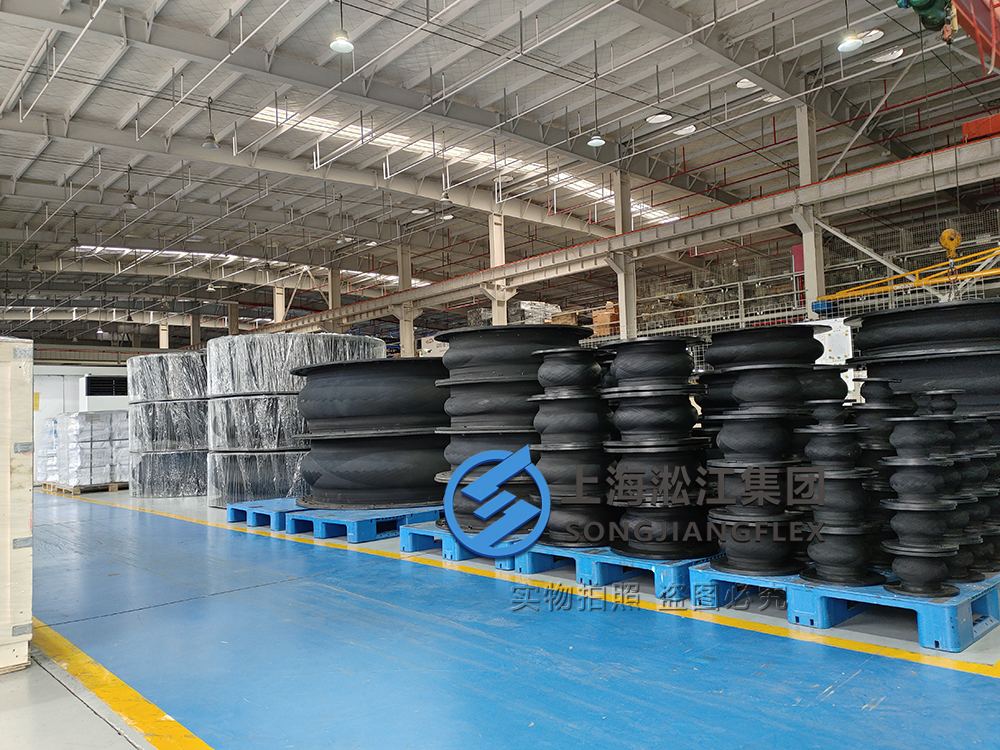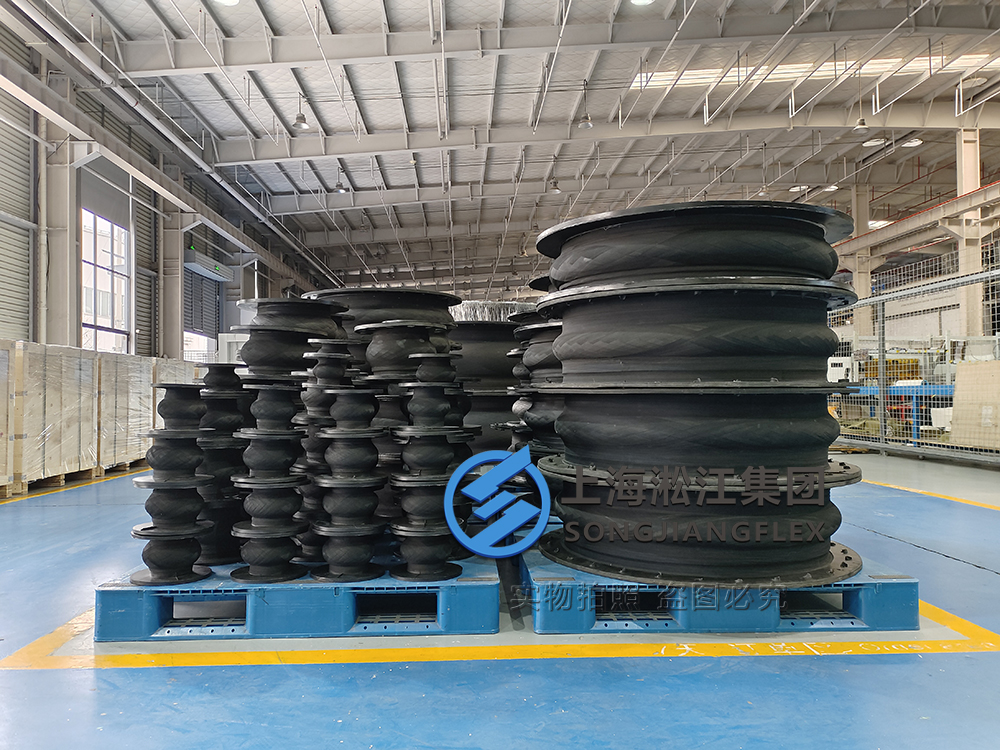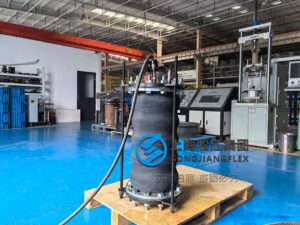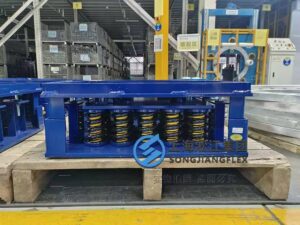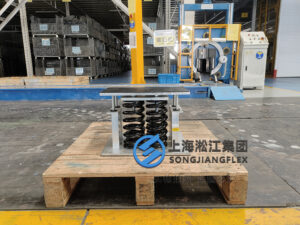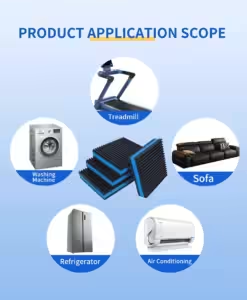As one of the world’s largest oil producers and processors, Saudi Arabia faces extreme dry conditions and high temperatures, which pose harsh requirements for oil processing equipment and pipeline systems. To ensure the efficient and safe operation of these facilities, rubber expansion joints have become the ideal choice for connecting pipelines used in oil transportation. The anti-corrosion and high-temperature resistant rubber expansion joints shipped this time will help the Saudi customer improve pipeline stability and safety in the oil processing process.
Key Equipment in Oil Processing and Their Pipeline Needs
The key equipment in Saudi Arabia’s oil processing facilities includes refineries, distillation towers, furnaces, and transfer pumps. These pieces of equipment require a complex network of pipelines to transport oil from the extraction point to the processing plant for refining. Each stage demands reliable and efficient pipeline connections to ensure that the oil flows smoothly through each processing step.
-
Refineries: The main facilities that refine crude oil into various petroleum products.
-
Distillation Towers: Used to separate different components of crude oil, such as petroleum gas, diesel, and more.
-
Furnaces: Used to heat crude oil to appropriate processing temperatures.
-
Transfer Pumps: Responsible for transporting oil from the extraction site to the refinery or other processing stages.
The pipelines required for these equipment not only need to withstand high pressure but also need to resist corrosive substances found in crude oil. Therefore, pipeline connectors must possess anti-corrosion, high-temperature, and other key properties to meet the stringent conditions in Saudi Arabia.
Pipeline Systems for Oil Transport — The Need for Rubber Expansion Joints
Pipeline systems used for oil transportation play a crucial role in the entire processing chain. As crude oil transportation pipelines are subjected to temperature fluctuations, pressure variations, and corrosive substances, rubber expansion joints have become a key component of the pipeline system. These joints not only accommodate the expansion and contraction of pipelines but also offer effective protection against corrosion and high temperatures.
Rubber expansion joints address the following challenges:
-
Temperature Fluctuations: Saudi Arabia’s extreme temperatures require rubber expansion joints with excellent heat resistance.
-
Pressure Variations: Rubber expansion joints absorb pressure fluctuations within the pipeline system, reducing the load on the pipeline.
-
Corrosive Components: Crude oil contains various corrosive substances, and traditional materials often cannot withstand them. Rubber expansion joints effectively resist these corrosive elements.
By using customized anti-corrosion and high-temperature rubber expansion joints, the pipeline system in Saudi Arabia’s oil transportation process can operate more stably, reducing maintenance frequency and long-term operational costs.
The Application Advantages of Rubber Expansion Joints in Saudi Oil Processing
Rubber expansion joints play an irreplaceable role in Saudi Arabia’s oil processing industry. Their anti-corrosion and high-temperature resistance properties make them the ideal choice for connecting various pipelines and equipment. Whether it’s the pipelines for furnaces operating at high temperatures or the pipelines for transfer pumps that experience pressure fluctuations, rubber expansion joints provide efficient and stable connections.
Our rubber expansion joints offer the following advantages:
-
High-temperature resistance: Capable of withstanding Saudi Arabia’s extreme high temperatures.
-
Anti-corrosion: Effectively resists corrosive substances in crude oil, ensuring long-term stability of the pipeline system.
-
Pressure Adjustment: Absorbs pressure fluctuations during crude oil transportation, preventing damage to equipment.
Rubber expansion joints are widely used to connect the following key equipment in Saudi Arabia’s oil processing:
-
Crude oil transport pipelines: Connecting the oil fields to the refineries for long-distance transportation of crude oil.
-
Furnace to distillation tower connections: Providing flexible connections under high-temperature conditions to prevent pipeline damage caused by temperature fluctuations.
-
Transfer pump to pipeline interfaces: Mitigating vibration and pressure shock in the pipeline system to reduce the risk of equipment failure.
Future Outlook for Saudi Oil Processing Industry and the Role of Our Products
As Saudi Arabia continues to strengthen its position in the global energy market, the demand for oil processing is expected to keep growing. Our customized rubber expansion joints will continue to provide reliable pipeline connection solutions for future energy projects.
The Saudi government has been actively promoting the development of the energy sector, and more oil processing facilities are expected to be launched in the future. As these projects are implemented, the demand for high-performance pipeline connectors will increase. Our anti-corrosion and high-temperature rubber expansion joints will continue to support these projects, ensuring the efficient and safe operation of Saudi Arabia’s oil processing industry.
Conclusion
The anti-corrosion and high-temperature rubber expansion joints customized for our Saudi clients provide a reliable connection solution for the oil processing industry’s pipeline systems, ensuring the safe and stable transportation of crude oil. These customized products not only meet the extreme environmental requirements of Saudi Arabia but also perform excellently in the oil processing process.
